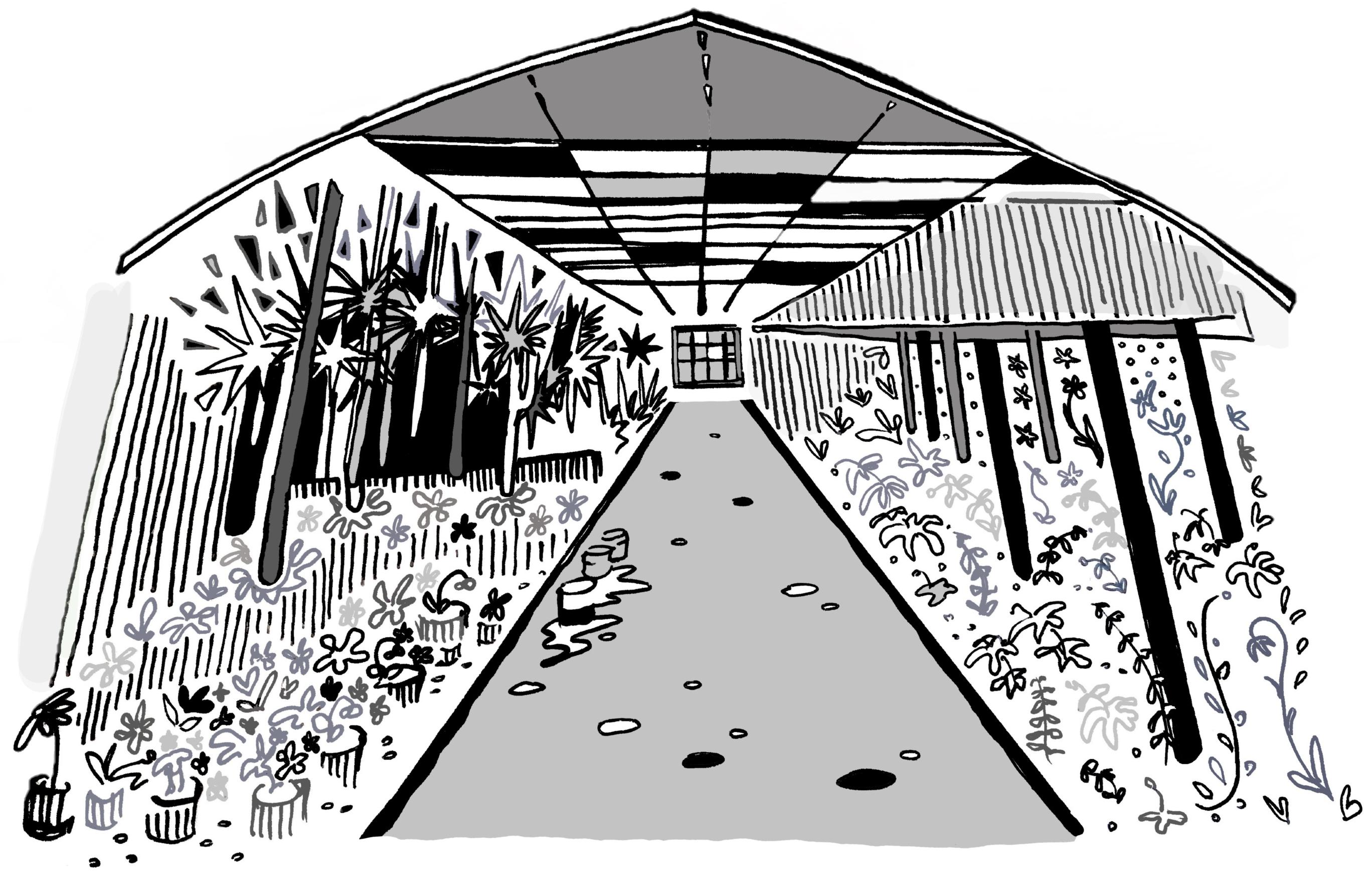Many Syrians displaced across the Middle East work in the informal economy under precarious conditions, with no financial or social safety net. Refugee workers in agriculture have been hit particularly hard by the pandemic: to them, Covid-19 is not only a health crisis, but also an economic crisis.
However, we do not know exactly how the pandemic has reshaped working conditions, and how the loss of jobs, local movement restrictions and diminished humanitarian assistance have increased Syrians' vulnerability to labour exploitation. We need to understand how the pandemic has rewired the social and economic relations that underpin refugee labour and bind displaced Syrians to middlemen and employers, and how Covid-19 related border closures have affected increasingly globalised supply chains in the Middle East.
These questions are analysed by a project that brought together a multidisciplinary team of researchers from the One Health FIELD Network at the University of Edinburgh, Syrian academics affiliated with the Council for At-Risk Academics (Cara), and local partners in the study countries. Together, this collaboration investigated the impact of Covid-19 on displaced Syrians' vulnerability to exploitative labour in agriculture in northern Syria, Jordan, Lebanon, and Turkey.
Through the partners' trusted networks, the team reached displaced people outside big cities and official camps, often in remote rural areas. In each study country, Syrian and Jordanian academics conducted remote interviews with twenty displaced Syrian farmworkers, five agricultural middlemen and five farm owners.
All study participants also shared pictures and videos of their living and working conditions. These remote "work diaries" yielded insights into respondents' daily routines and the emotional, social and cultural dimensions of their work.
Through co-designed research and co-produced outputs, the team formulated practical and culturally sensitive humanitarian solutions to tackle exploitative working conditions and work relationships for those at the bottom of agricultural labour markets: Syrian refugees. In the Middle East, refugee livelihoods programmes that aim to foster refugees' economic self-reliance have had limited success so far because of their narrow economic focus and the failure to address displaced people's lack of rights. This research reformulates the question: instead of focusing on producing more, often exploitative jobs for refugees, how could humanitarian action create decent jobs, and, by extension, healthier and dignified lives?
In the short term, the research provided recommendations to frontline aid agencies about how to tailor emergency aid to the conditions of refugee workers and for policymakers on how to extend support currently reserved for citizens.
In the longer term, the research will inform humanitarian livelihood programmes to help refugees’ transition into decent employment, make them more resilient to economic shocks and less vulnerable to exploitation. It will also inform advocacy aimed at policymakers to acknowledge displaced Syrians' contributions to their host countries' economies and strengthen their legal protections not only as refugees, but also as workers.
 Drawing: Sophia Neilson
Drawing: Sophia Neilson
Recognising the power of individual stories, ethnographic data collected with Syrian workers has been published in the form of a graphic novel. Sharing drawings instead of pictures from the field will protect our participants, especially refugee women. It also allow us to document Syrians' complex experiences of suffering, resistance and solidarity, and inspire more realistic portrayals of refugees’ lives in the media and humanitarian marketing.
This project was funded as part of the Modern Slavery PEC call for research on the impact of Covid-19 pandemic on modern slavery.
Research team: Dr Ann-Christin Zuntz , Prof Lisa Boden, Mackenzie Klema, the One Health FIELD Network at the University of Edinburgh; Dr Shaher Abdullateef, Dr Esraa Almashhour, Dr Saleem Al Nabulsi, Council for At-Risk Academics (Cara); local partners in the study countries; Sophia Neilson, Resident Artist for the project.




